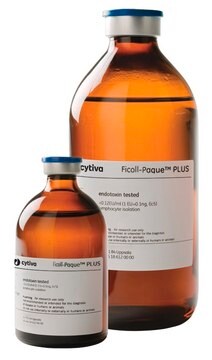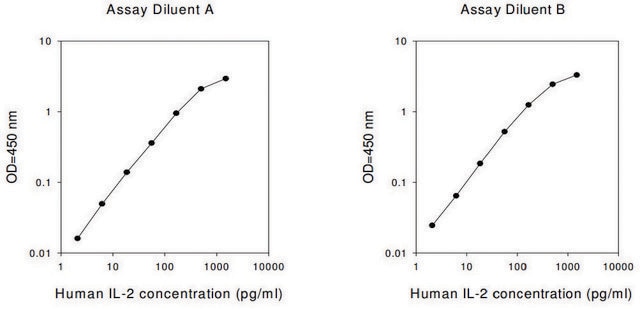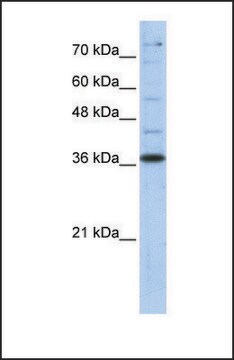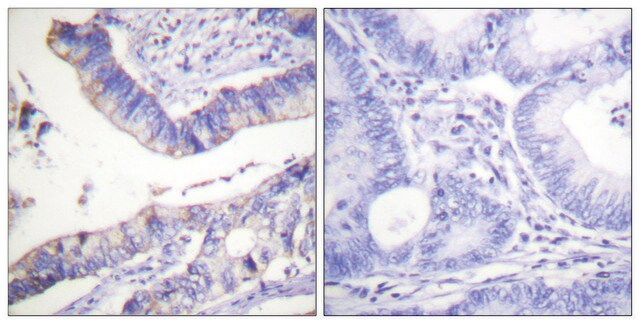05-1117
Anti-VEGF Antibody, clone VG1
ascites fluid, clone VG1, from mouse
Synonyme(s) :
Vascular permeability factor, vascular endothelial growth factor, vascular endothelial growth factor A, vascular endothelial growth factor isoform VEGF165
About This Item
Produits recommandés
Source biologique
mouse
Niveau de qualité
Forme d'anticorps
ascites fluid
Clone
VG1, monoclonal
Espèces réactives
mouse, human, rat
Technique(s)
western blot: suitable
Isotype
IgG1κ
Numéro d'accès NCBI
Numéro d'accès UniProt
Conditions d'expédition
wet ice
Modification post-traductionnelle de la cible
unmodified
Description générale
Spécificité
Immunogène
Application
Signaling
Growth Factors & Receptors
Qualité
Western Blot Analysis: A 1:500 dilution of this antibody detected VEGF on 10 µg of NIH/3T3 cell lysate.
Description de la cible
Liaison
Forme physique
Stockage et stabilité
Avoid repeated freeze/thaw cycles, which may damage IgG and affect product performance.
Remarque sur l'analyse
NIH/3T3 cell lysate
Clause de non-responsabilité
Code de la classe de stockage
10 - Combustible liquids
Classe de danger pour l'eau (WGK)
WGK 1
Point d'éclair (°F)
Not applicable
Point d'éclair (°C)
Not applicable
Certificats d'analyse (COA)
Recherchez un Certificats d'analyse (COA) en saisissant le numéro de lot du produit. Les numéros de lot figurent sur l'étiquette du produit après les mots "Lot" ou "Batch".
Déjà en possession de ce produit ?
Retrouvez la documentation relative aux produits que vous avez récemment achetés dans la Bibliothèque de documents.
Notre équipe de scientifiques dispose d'une expérience dans tous les secteurs de la recherche, notamment en sciences de la vie, science des matériaux, synthèse chimique, chromatographie, analyse et dans de nombreux autres domaines..
Contacter notre Service technique






